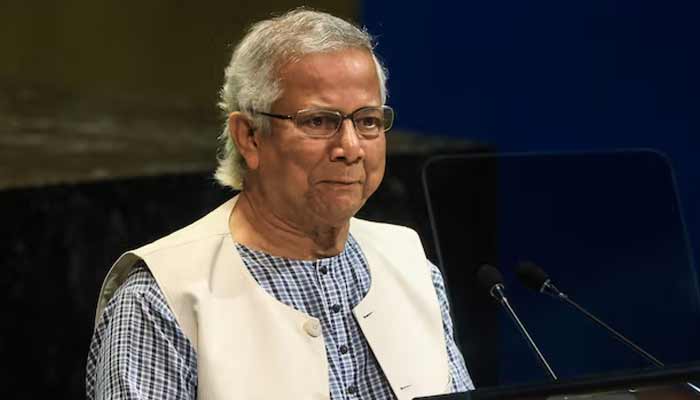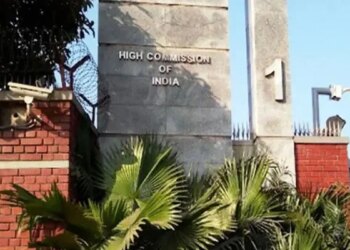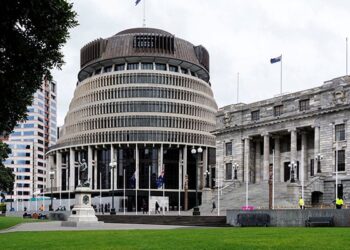Select Language:
Bangladesh’s interim government has approved the July National Charter, aiming to reform the nation’s politics, constitution, and institutions. The government plans to hold a national referendum on the charter, which was drafted after last year’s student-led protests, to determine its implementation. Muhammad Yunus, leading the interim administration, announced that the referendum will coincide with the parliamentary elections scheduled for early February. He emphasized that this concurrent scheduling could enhance the election’s vibrancy and efficiency without delaying reforms.
The July Charter proposes significant changes, including greater representation for women, limits on the prime minister’s tenure, expanded presidential authority, enhanced fundamental rights, and increased judicial independence. While most political parties signed the charter in October, the National Citizens Party—formed by leaders of last year’s protests and several left-leaning groups—boycotted it, citing concerns over the absence of a legal framework ensuring the implementation of the charter’s commitments.
Supporters view the charter as a cornerstone for institutional transformation, although critics worry that without legal backing or broad parliamentary consensus, its effects could remain largely symbolic. Yunus expressed hope that political parties will accept the move in the national interest, projecting that the country will transition toward a lively election and a “New Bangladesh.”






